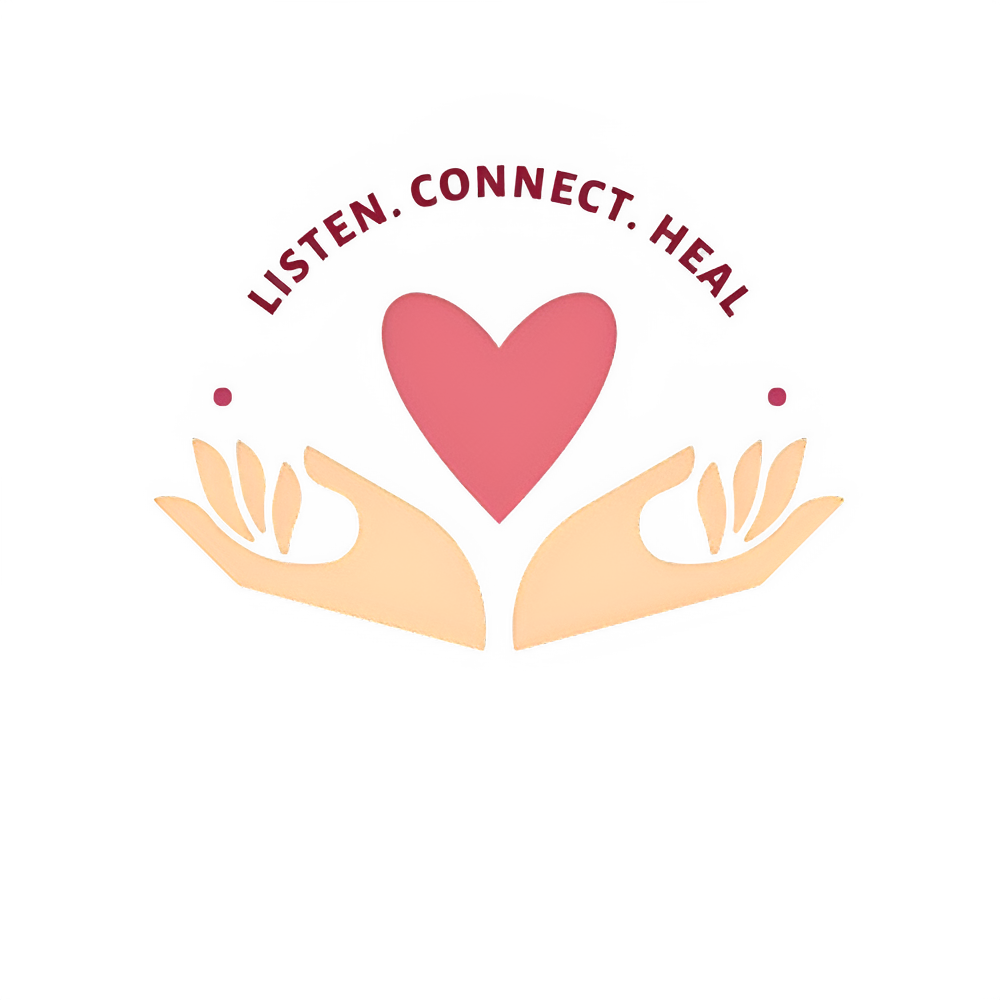” If you want long term Realtionship make sure you’re ready for
Boring days,Tears,Arguments
its Not about happiness”

Table of Contents
- Introduction: When Silence Speaks Louder Than Words
- Why Arguments Spiral: Emotional Triggers in Relationships
- The Power of Staying Silent (Temporarily)
- How to Use Silence Without Shutting Your Partner Out
- Calmly Expressing the Problem Once the Storm Settles
- Understanding the Mindsets: Men vs Women
- Never Stop Talking Forever: Why Communication Must Continue
- Using Shared Memories to Shift Perspective
- Who Says Sorry First? Why Ego Shouldn’t Win
- When to Seek Help Beyond Silence
- Final Thoughts: Silence is a Tool, Not the Answer

1. Introduction: When Silence Speaks Louder Than Words
We’ve all been there a conversation turns into a fight, voices rise, and suddenly, it feels like nothing you say is being heard. In that moment, saying nothing at all can actually be the most powerful move.
But here’s the thing , the silent treatment isn’t always toxic. Used intentionally, it can calm emotions, prevent hurtful words, and give you both the breathing space you need. This post isn’t about giving the cold shoulder , it’s about using silence as a tool for peace, not punishment.

2. Why Arguments Spiral: Emotional Triggers in Relationships
Arguments usually don’t come from nowhere. They’re triggered by misunderstandings, unmet needs, ego, past baggage, or plain exhaustion. When tempers flare, people say things they don’t mean. The real damage often comes after the actual issue , from how we react.
That’s where silence can be your ally. It lets you pause, not punish.

3. The Power of Staying Silent (Temporarily)
Let’s be honest , not every moment is the right moment to talk things out. Sometimes, silence is the safest space for both partners. It gives time to:
- Cool down
- Reflect on what’s really going on
- Prevent further damage
This doesn’t mean ignoring your partner completely. It means pressing pause so your next words come from clarity, not anger.

4. How to Use Silence Without Shutting Your Partner Out
Silence becomes harmful when it’s used to punish, control, or emotionally distance. That’s not what we’re aiming for.
Here’s what healthy silence looks like:
- Saying “I need a little space to calm down, but I still care about you.”
- Walking away from the argument, not from the relationship.
- Coming back once you’re ready to talk calmly.

5. Calmly Expressing the Problem Once the Storm Settles
Once emotions simmer down, it’s important to return to the conversation. That’s your chance to gently say,
“When you said that, it really hurt me. Can we talk about what happened?”
Calm words hit differently. They lead to understanding, not defensiveness.

6. Understanding the Mindsets: Men vs. Women
Let’s talk about something real gendered emotions.
- Many women are emotionally expressive, but may struggle to see both sides in the heat of the moment. They often feel justified in their actions and may not realize how it’s affecting their partner.
- Men, on the other hand, tend to prioritize respect. If they feel disrespected or belittled, it hits deep , even if no harm was meant.
That’s why both need to slow down, understand each other’s emotional patterns, and not fight to win , but to understand.

7. Never Stop Talking Forever: Why Communication Must Continue
Yes, stay silent in the moment , but don’t go silent forever.
Avoiding each other, ghosting in your own relationship, or living in silence builds walls. It creates emotional distance that’s hard to close.
Disagree? Cool. Argue? Sure. Just don’t stop talking.

8. Using Shared Memories to Shift Perspective
When your mind is spinning with anger, take a second and scroll through your old photos, read your partner’s sweet messages, or think about how you met.
Remind yourself:
“This person means more to me than this fight.”
It’s not about brushing things under the rug , it’s about reconnecting with why you care in the first place.

9. Who Says Sorry First? Why Ego Shouldn’t Win
One of the biggest relationship killers is waiting for the other person to “go first.” But real love doesn’t keep score.
If someone truly matters, saying sorry first isn’t weakness , it’s strength. Both people should feel safe enough to drop the ego and lean into love.

10. When to Seek Help Beyond Silence
Sometimes, silence won’t be enough. If arguments are constant, or you feel emotionally distant despite trying everything therapy can help.
There’s no shame in asking for help. Sometimes a neutral space is what a couple needs to rebuild connection.

11. Final Thoughts: Silence is a Tool, Not the Answer
Used wisely, silence can be a reset button , not a rejection. It’s okay to pause, take a breath, and come back with a calm heart.
The goal isn’t to win the argument. It’s to protect the relationship while solving the problem.
So next time you’re one breath away from saying something hurtful , try silence first. Not to avoid the fight, but to honor your love.


Pingback: Making Your Partner a Priority: Always Tell Them First - DEAR INTIMACY
Pingback: How to Be a Better Listener in Relationship - DEAR INTIMACY